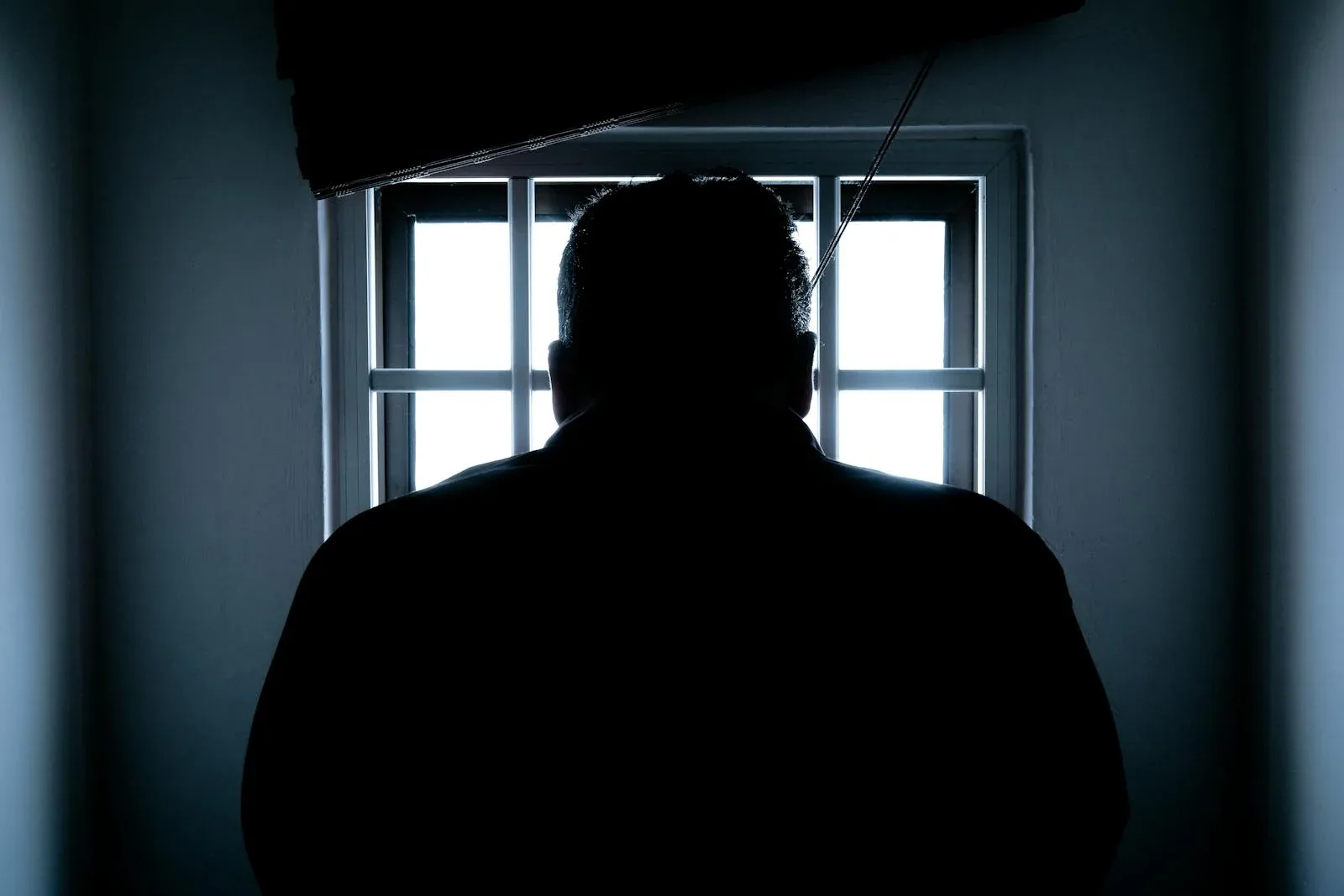Misdemeanor: Which Crime Is Classified as a Misdemeanor?
Misdemeanors are crimes that might not seem severe, but they can still have serious consequences. At ReedsAndReeds, we know that understanding these offenses can make a significant difference in your legal journey. From minor theft to public intoxication, misdemeanors vary widely and can impact your future more than you think. With decades of experience as divorce lawyers, we are here to guide and support you through every legal hurdle, ensuring your rights are protected.
From the point of view of U.S. law, petty theft is classified as a misdemeanor. Misdemeanors are less severe crimes than felonies. They usually lead to jail time of one year or less.
Definition of Misdemeanor Crimes
Misdemeanor crimes are minor offenses that typically result in lighter penalties compared to felonies.
In general terms, misdemeanors are minor crimes that can result in punishments like fines, probation, community service, or brief jail time. They are less serious than felonies because they cause less harm to people or society. Common misdemeanor crimes include petty theft, disorderly conduct, simple assault, and trespassing.
Misdemeanors can be ranked by how serious they are. For example, Class A misdemeanors are more serious than Class B or C misdemeanors. In other words, the punishment for a misdemeanor can vary depending on the crime and where it happened. Sometimes, people convicted of a misdemeanor can have their criminal record cleared after serving their sentence.
In general, misdemeanors are not as serious as felonies, but they still have consequences. It’s important to know the difference between misdemeanors and felonies and understand the potential penalties for each.
Common Types of Misdemeanor Offenses
Misdemeanor offenses encompass acts like petty theft and public intoxication, often resulting in penalties such as community service or brief incarceration periods.
Generally speaking, there are some common types of misdemeanors: petty theft, vandalism, disorderly conduct, trespassing, and DUI (driving under the influence). These are less serious than felonies, which are major crimes with longer jail times. Misdemeanors can be simple or aggravated. Simple misdemeanors have lighter penalties, while aggravated misdemeanors have harsher consequences.
To simplify, some misdemeanors are called wobblers, meaning they can be charged either as misdemeanors or felonies based on the situation.
It’s important to remember that misdemeanors can still have serious effects on your life, like making it hard to get a job or rent a house. If you’re charged with a misdemeanor, it’s very important to take it seriously and get a lawyer.
Penalties for Misdemeanor Crimes
Summarizing earlier points penalties for misdemeanor crimes significantly differ based on the nature of the offense and the jurisdiction’s legal framework.
In concise terms, misdemeanor crimes are generally less serious than felonies. They’re usually punished with fines, probation, community service, or short jail time. The exact penalty depends on the judge, who looks at the crime’s details, the defendant’s past, and any special circumstances. Sometimes, the judge also considers suggestions from a probation officer or prosecutor.
In other words, even so, misdemeanor convictions can still have lasting effects, like a criminal record that could impact getting a job or housing. Also, some misdemeanors can turn into felonies if the person has past convictions or if the crime is especially severe.
Differences Between Misdemeanors and Felonies

As we’ve established previously misdemeanors are lesser offenses often punishable by fines or short jail time, while felonies can lead to years in state prison or even the death penalty.
In other words, misdemeanors are minor offenses with punishments like fines or up to a year in jail. Felonies are more serious crimes with harsher penalties, including long prison terms or even the death penalty. Whether a crime is a misdemeanor or felony depends on the possible punishment.
All in all, felonies usually involve more serious harm to society or greater intent by the wrongdoer. Understanding the difference between misdemeanors and felonies is important because it affects the legal process and the consequences for those convicted. In short, misdemeanors and felonies are different types of crimes and are handled differently in the justice system.
Examples of Misdemeanor Crimes
Referencing previous discussions misdemeanor crimes often result in punishments like fines, community service, probation, or jail time not exceeding one year.
At the simplest level, some examples of misdemeanor crimes are minor theft, vandalism, simple assault, trespassing, causing a public disturbance, being drunk in public, having small amounts of drugs, shoplifting, and reckless driving. These crimes are generally less serious than felonies, which involve more severe acts like violence or big financial losses.
At the base, however, misdemeanors can still have serious consequences, such as getting a criminal record that stays with you, making it hard to find a job, and losing certain rights and privileges. It’s important to know what can happen if you commit a misdemeanor and to get legal help if you’re facing charges.
My Final Perspective
Going back to earlier points, in conclusion, crimes such as petty theft, vandalism, disorderly conduct, and DUI are classified as misdemeanors.
What ReedsAndReeds is stressing is, that these offenses typically carry less severe penalties than felonies but still require legal repercussions. Ultimately, misdemeanors can vary in severity but are generally considered less serious crimes.







